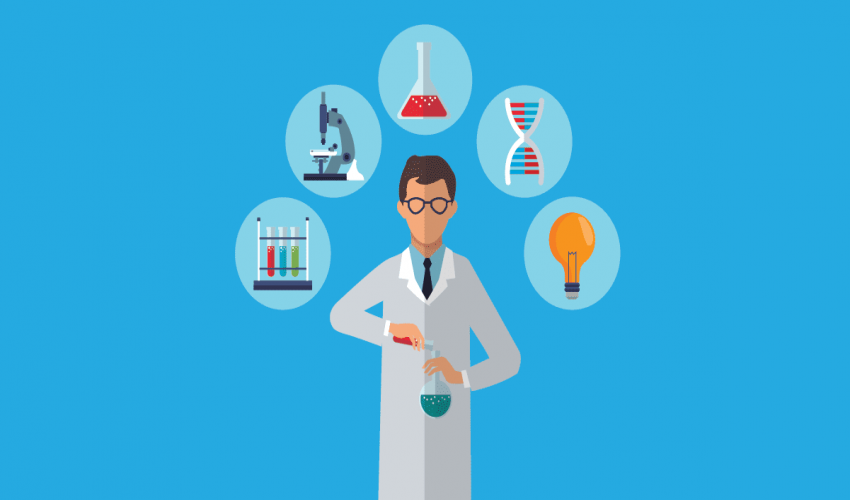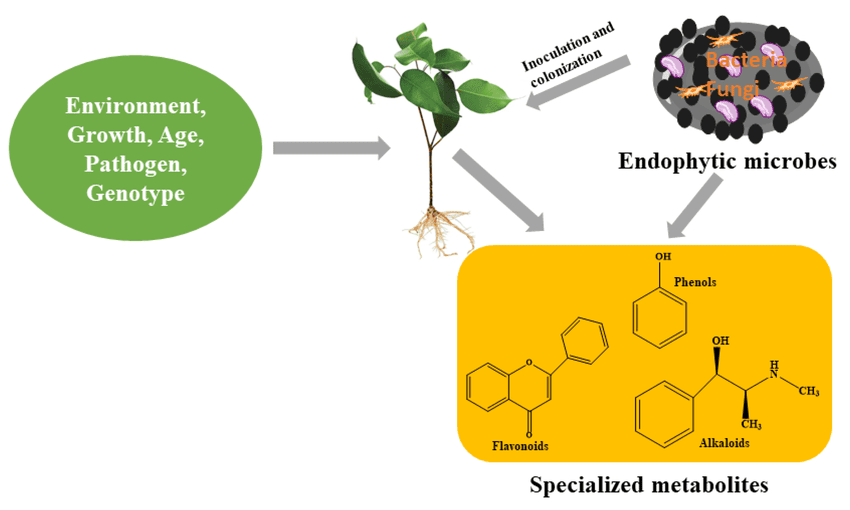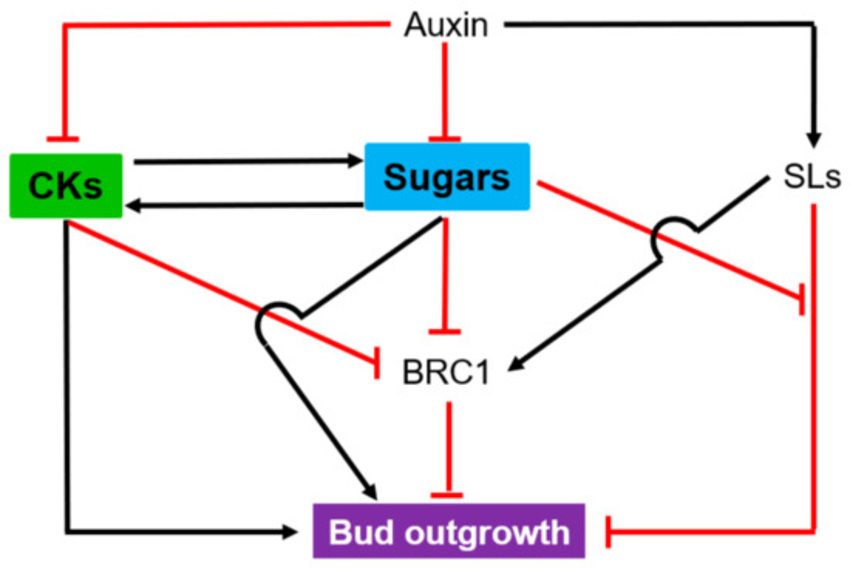
Bio-chemistry
Biochemistry is the study of chemical reactions that take
place in living things. It tries to explain them in chemical terms.
Biochemical research includes cancer and stem cell biology,
infectious disease, and cell membrane and structural biology.
It spans molecular biology, genetics, biochemical
pharmacology, clinical biochemistry, and agricultural biochemistry.
Biochemistry is the study of how chemical processes occur
within a living organism. Sub-branches of biochemistry include endocrinology,
enzymology, clinical biochemistry and molecular biochemistry.
The branch of science dealing with the study of all the life
processes such as control and coordination within a living organism is called
Biochemistry.
Biochemistry basically combines the fields of biology with
chemistry. It studies the reactions and the various chemical processes that
occur in living things. Although it is a combination of both of these
disciplines, it focuses more attention on the chemistry side rather than the
biological side.
The branch of biochemistry places a great emphasis on what
happens at the molecular level. It studies what goes on inside our bodies,
including the cells, lipids and proteins. Biochemistry also looks at how our
cells talk to each other in situations where the body is fighting a sickness or
when it is growing and maturing.
There are several disciplines included under the branch of
biochemistry, including microbiology, genetics, medicine, plant science and
forensics. It is one of the fastest growing fields in terms of technology and
knowledge in the last 100 years.
Scientists who work in the field of biochemistry often conduct
experiments to better understand how life works and give us a better
understanding of diseases and health. They work with other scientists and
professionals in different areas, including physicists, healthcare
professionals, engineers and even policy makers. You can find them working in
places ranging from hospitals to universities to cosmetics and in a forensic
crime research lab, among many other places.
Biochemistry is the Branches of Chemistry. Biochemistry has
emerged as dynamic science within the past hundred years. On 1500 up to 1800s,
there were rapid advances in the understanding of basic chemical principles,
such as reaction kinetics and the atomic composition of molecules. Many
chemical produced in living organism had been identifier by the 19th of
century. Since then the growth of biochemistry and its influences on other
disciplines continued well on 20th century.
Biochemistry is a study of the molecules and chemical
reaction that happen in life or living things. From the term, we could assume
that this study is about combining two major sciences that are biology and
chemistry. However, the real definition of biochemistry is about using language
of chemistry to explain another science that is biology at the molecular level.
The study of biochemistry has shown that the same compounds
and the same central metabolic processes are found in organism as distantly
related as bacteria and humans. Although, scientist usually concentrates their
research focus on particular organisms, the results of these studies often
apply to other species.
One of the goals of biochemist is to integrate a large body
of knowledge into a molecular explanation of life. Biochemistry as a discipline
dies not exist in a vacuum and related to many others discipline such as physiology,
genetics and cell biology. As a result, the sub branches of biochemistry are
animal and plant biochemistry, immunology, genetic, immunology, and
enzymology.
- Animal Biochemistry
- Plant Biochemistry
- Molecular biology
- Pharmacology
- Clinical biochemistry
- Agricultural biochemistry
- Structural biochemistry
- Bio-organic Chemistry
- Enzymology
- Metabolic Biochemistry
- Xenobiotics
- Immunology
- Endocrinology
- Neurochemistry
- Chemotaxonomy
- Chemical ecology
- Virology
- Molecular genetics and Genetic engineering
- Cell biology
- Blood Biochemistry
Recent Published
Submit Manuscript
To give your manuscript the best chance of publication, follow these policies and formatting guidelines.


